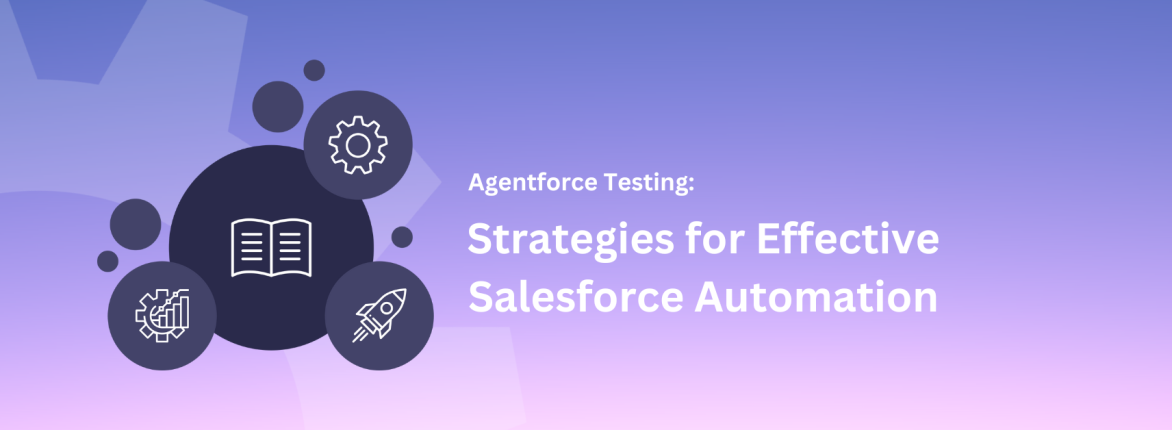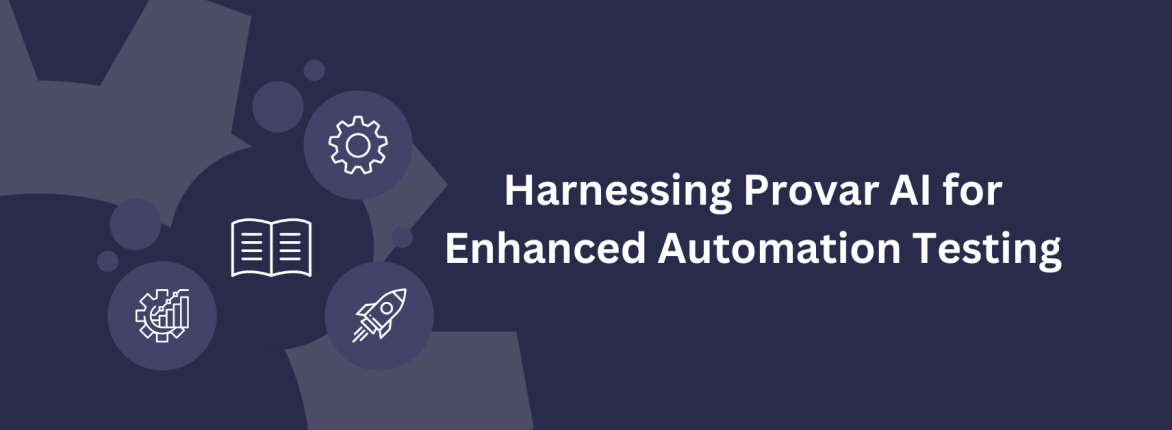This week at Copado’s Connecting the Clouds Summit, they highlighted how testing is the #1 risk to digital transformations and Salesforce and DevOps providers’ collaboration. At Provar, we couldn’t agree more. Testing is at the heart of every DevOps process, and manual testing is a massive barrier to growth and innovation. Copado also announced its acquisition of Qentinel and rebranding to Copado Robotic Testing. This reinforces Provar’s mandate to help organizations quickly build and test new processes.
Why Are Collaborations Between Salesforce DevOps Providers So Important?
Our perspective is that test automation is integral to the overall BizDevOps automation strategy, not only for Salesforce but across connected applications. As with any testing tool, success depends on the overall quality strategy.
The companies that see significant benefits from test automation have quality advocates within their organization who understand what the business is trying to accomplish and apply that knowledge to develop a cohesive manual and automated testing strategy flanked by integrated DevOps tools.
As a test automation software that integrates not only with Copado but with Salesforce DevOpsCenter, Gearset, Flosum, Autorabit, Blue Canvas, and many more, we recognize the importance of testing before, during, and after releases. This reduces risk; it helps guide current and future customization and development.
What our customers tell us
- Integrations and customizations continue to increase
- Time allocated for testing is limited in the best of scenarios
- They are continuously working to advocate for testing and more internal collaboration on testing strategy versus “fitting it in”
- Quality assurance is a board room topic
How Do We Think About Testing Salesforce and Connected Applications
Provar has spent seven years specializing in Salesforce testing. We have developed features that enable no-code UI and API test cases. Our solutions are proven with hundreds of enterprise customers. Salesforce has also provided us with excellent guidance on ensuring the robustness and reliability of our tests. For instance, they’ve highlighted that any dependency on the DOM for Salesforce tests cannot be relied upon and will result in significant maintenance headaches.
Provar’s model-based testing provides a layer of abstraction that ensures maintainable tests. Our approach is to manage the maintenance using natural metadata intelligence, navigation, and consistent execution. Without this, test maintenance is wholly owned by a developer modifying code. In the case of Salesforce testing, this can be a big problem. Rapid customization and frequent Salesforce releases complicate matters. LWC development requires a significant upfront investment in creating tests. Additionally, it leads to an enormous maintenance headache.
Our Take on Salesforce and DevOps Providers
Copado leads the Salesforce DevOps space, and we are committed to integrating our products and supporting all existing joint customers. We also completely agree that no one has Salesforce. Salesforce connects with multiple systems, and it’s only growing. So, there is still plenty of room for improvement and innovation in testing, test automation, and quality assurance.










